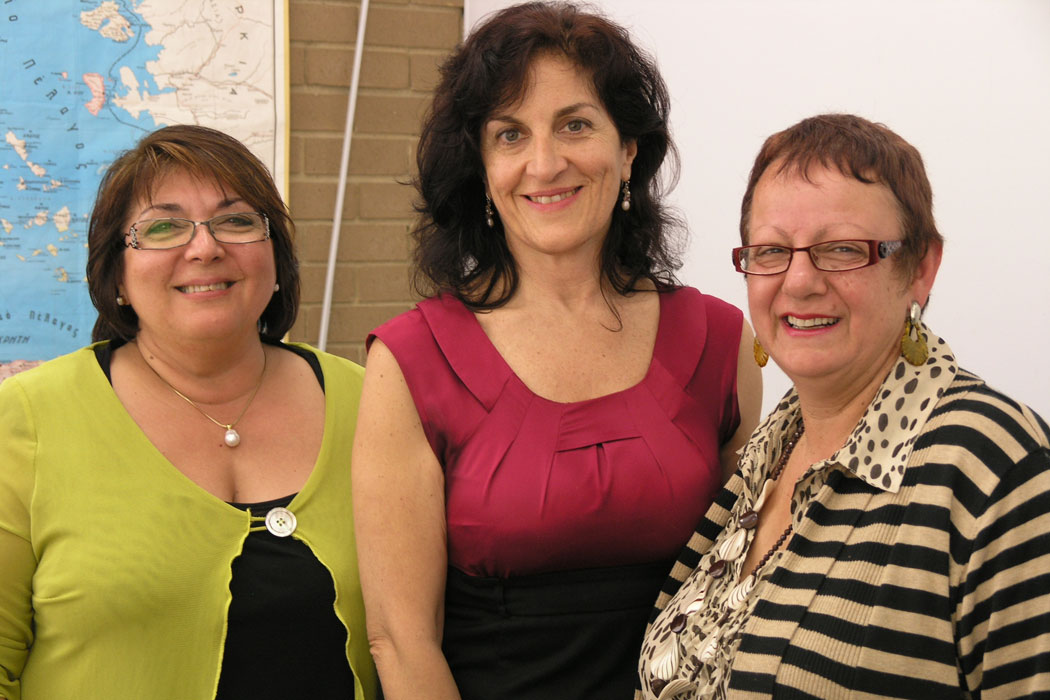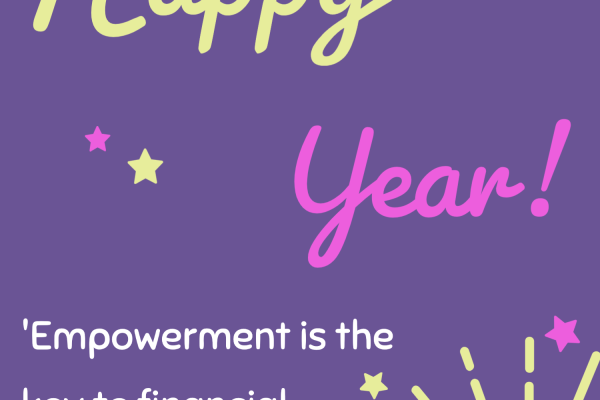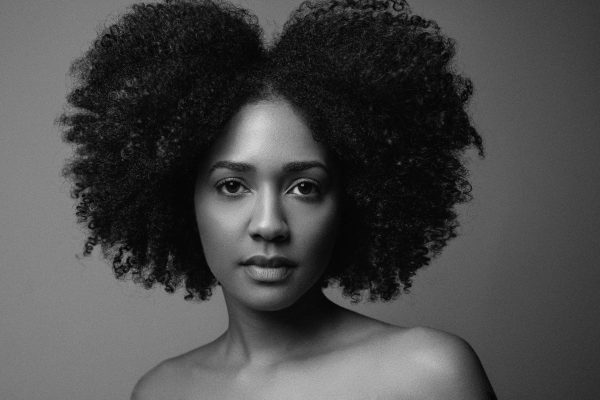Australia is often cited as a good example of women empowerment. Women hold about a third of political positions including being on the topmost seat at times. In 2010, the Prime Minister and seven cabinet ministers were women. Under its Human Rights Framework, Australia has ensured that women are empowered to compete for political, civil and corporate positions.
An unfinished battle
However, there is a sense in which this progress may conceal a lot that needs to be done. In most developed society, there is a tendency to have a minority that is neglected and discriminated upon while everyone else is enjoying the fruits of equality. When the human rights of any person in society are disregarded, whether directly or indirectly, there is cause for worry.
Understanding Human Rights
The Women’s Law Centre sets the stage for this scenario: Human rights help us to recognise and respect the value and fundamental worth in ourselves and in each other. Direct discrimination is when a person is treated less favourably than another person, in the same or similar circumstances, in the areas of public life covered by the Equal Opportunity Act 1984. Indirect discrimination happens when a rule has a negative effect on a large proportion of people with a particular background.
Challenges of Women Empowerment in Australia
In Australia, even with all the advances made in empowering women, there are issues that need to be addressed to attain gender parity. To begin with, there are many homeless Australian women who also cannot afford to eat well. This is a result of domestic and sexual violence and disintegration of families. A woman who has been abused physically, sexually or in another way is a disempowered and cannot help herself, her family or the society.
Another challenge to women empowerment is equal participation in public life which encompasses employment issues. For example, have no right to paid maternity leave and are also subjected to sexual harassment and discrimination in the workplace. Moreover, women tend to be paid less than men even when both have similar skills and perform comparable duties. This means that men will also get more retirement benefits than women. Finally, women and girls from indigenous community still live in squalor and are disempowered inside a developed nation.
Walking the last mile
While much has been done, a lot more must be accomplished if the Australian woman is to be considered really emancipated and empowered.
© EthLeen




